All Industries
Elevate leadership capability and team performance
Our diagnostic and development tools are purpose-built to help organisations unlock leadership potential, build inclusive, high-performing teams, and drive lasting cultural change.

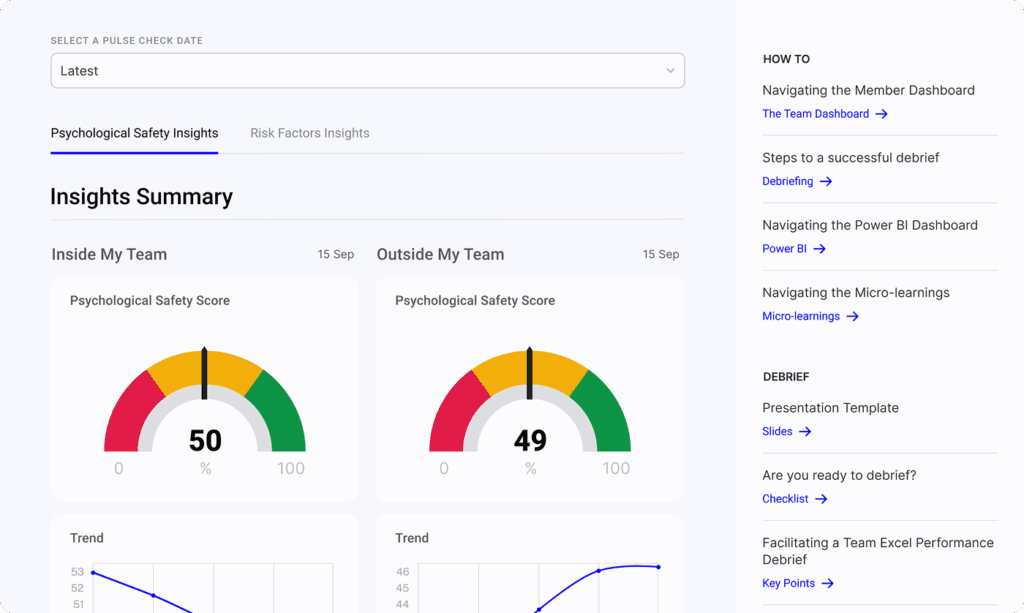
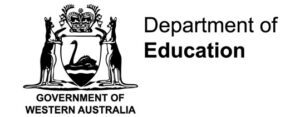






Tailored for your workforce
Evidence-based insights
Backed by neuroscience and aligned to Work Health and Safety laws, our solutions deliver deep insight into leadership capability, team dynamics, and organisational culture. From uncovering blind spots to closing capability gaps, we help create psychologically safe, inclusive, and high-performing environments where people thrive.

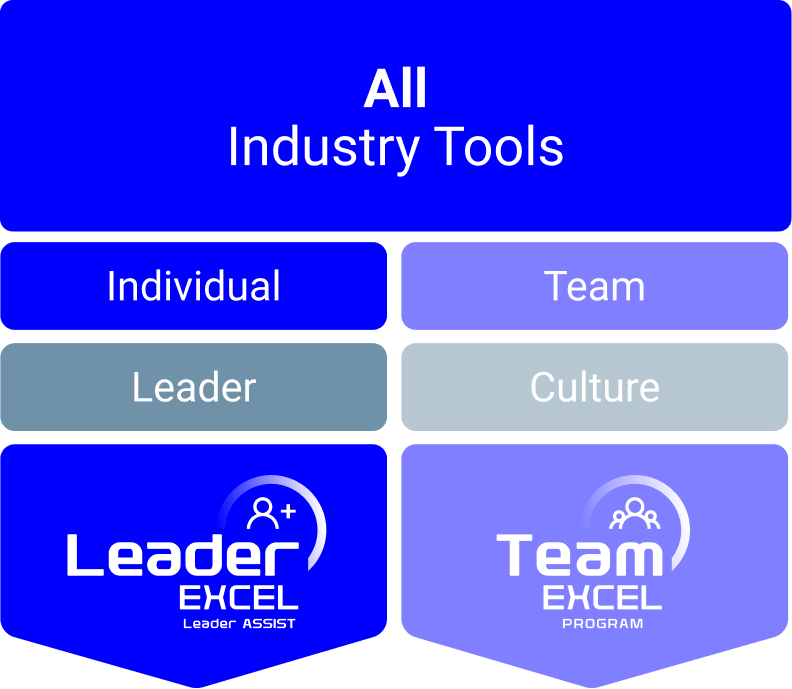
Leadership Diagnostic & Development Tools
Lift leadership capability where it matters most
Develop confident, accountable leaders at every level. Leader Excel identifies strengths, blind spots, and growth areas — providing each participant with a tailored self-development guide and a clear path to enhancing leadership impact.
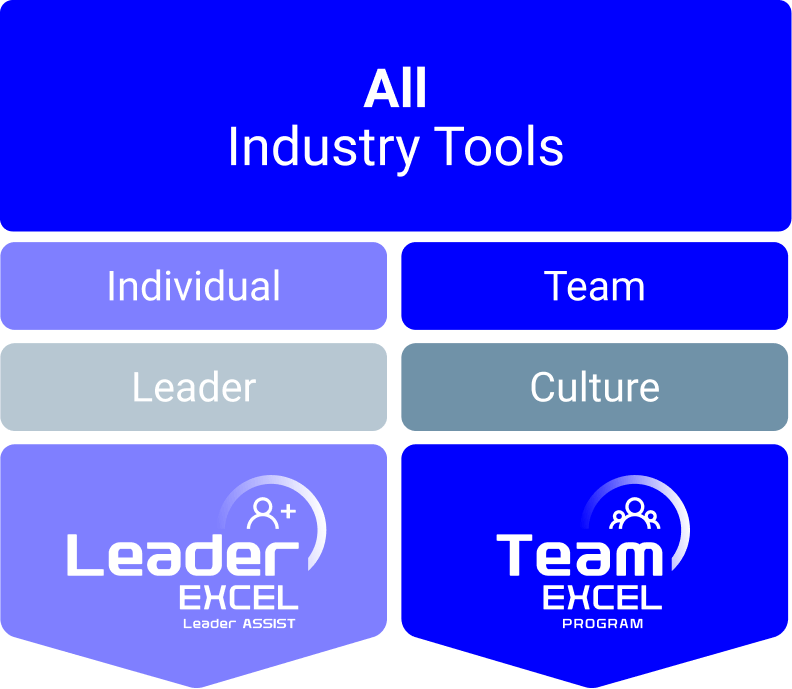
Team Diagnostic & Development Tools
Elevate team culture and performance
Reveal what’s really driving team performance. Data Drives Insight diagnostics help you uncover the hidden dynamics that impact communication, collaboration, and inclusion, so you can take action to build a culture where people feel safe to contribute and perform at their best.
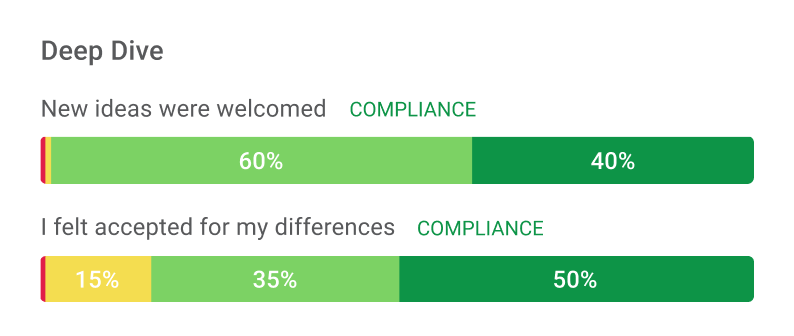
Aggregate Reporting
Drive measurable change, not just compliance
Our evidence-based assessments uncover the hidden cultural and leadership dynamics that drive turnover, team effectiveness, and workforce resilience — while helping you proactively address psychosocial risks, meet compliance requirements, and create safer, more supportive workplaces.
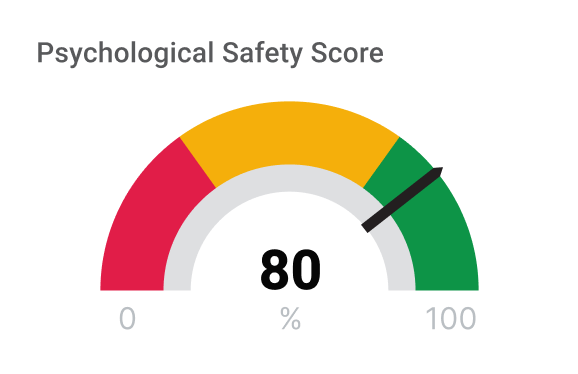
Aggregate Reporting
Why psychological safety matters
Psychological safety is more than a buzzword — it’s a proven predictor of performance, wellbeing, and innovation. In fact, a 2017 Gallup study found that when employees feel their opinions matter:
- Turnover drops by 27%
- Safety incidents fall by 40%
- Productivity rises by 12%


